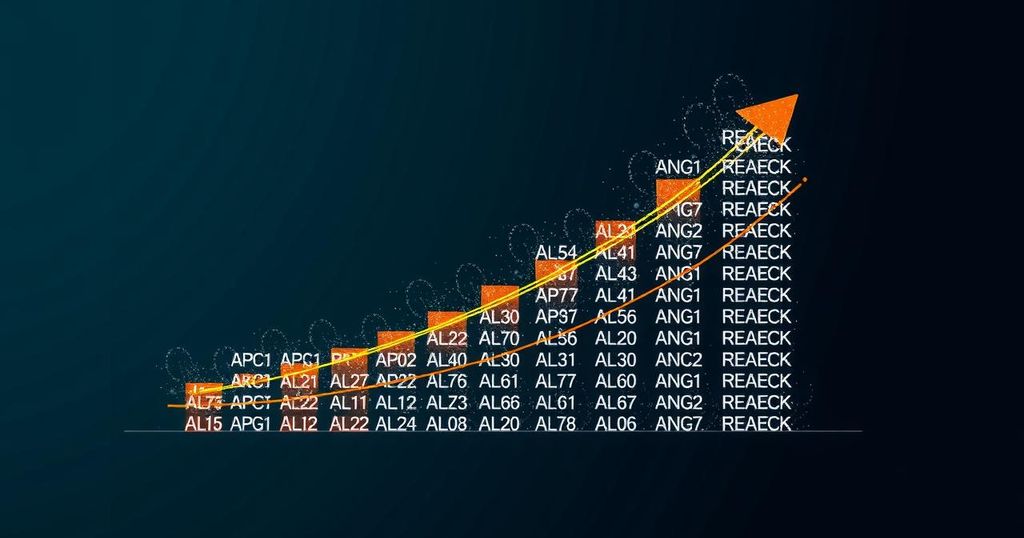The Rising Tide of Scientific Publishing: Profits and Ethical Dilemmas Ahead
Scientific publishers are experiencing unprecedented output of research papers, generating high profits through traditional models that sequester articles behind paywalls. This has initiated concerns over the sustainability and ethics of such practices, as academic institutions are forced to pay large sums for access. The push for open access may herald a transformative era in the dissemination of scientific knowledge, challenging the status quo of the publishing industry.
In the landscape of scientific publishing, an astonishing wave of research papers is crashing onto the shores of academia, more prolific than ever before. Yet, behind this surge lies a brewing storm of discontent with prevailing business models that seem as solid as granite but may no longer be viable. Traditionally, academic articles created by scholars are ensnared behind impenetrable paywalls, compelling universities and research entities to shell out exorbitant fees, often reaching millions annually for access. This profitable arrangement, generating margins in the realm of 30% to 40%, faces increasing scrutiny as the demands for open access and more equitable dissemination of knowledge grow louder.
This scenario poses critical questions: Are these models sustainable in the face of digital transformation? Are the gatekeepers of knowledge hoarding what should be public? As researchers strive to break down barriers, a revolution in accessibility may be on the horizon, challenging the foundations of how scientific knowledge is shared and consumed.
The conversation surrounding scientific publishing is as vibrant as the research it heralds. For decades, publishers have enjoyed a lucrative business model whereby academic institutions are obliged to purchase access to essential research, which is often essential for groundbreaking advancements in fields like medicine and technology. However, amidst calls for transparency and accessibility, a tension surfaces, illuminating the ethical implications of profit over public good. As publishing practices evolve, it is crucial to examine how these changes impact the future of knowledge dissemination and academic collaboration.
In summary, while the quantity of academic papers is at an all-time high, the ethical considerations regarding access to this wealth of knowledge cannot be ignored. The legacy of traditional publishing faces turbulent waters as researchers and institutions advocate for systems that empower rather than restrict. As the scientific community beckons a revolution in publishing, the path forward may reshape not only the distribution of information but also the very essence of how we pursue knowledge itself.
Original Source: www.economist.com




Post Comment